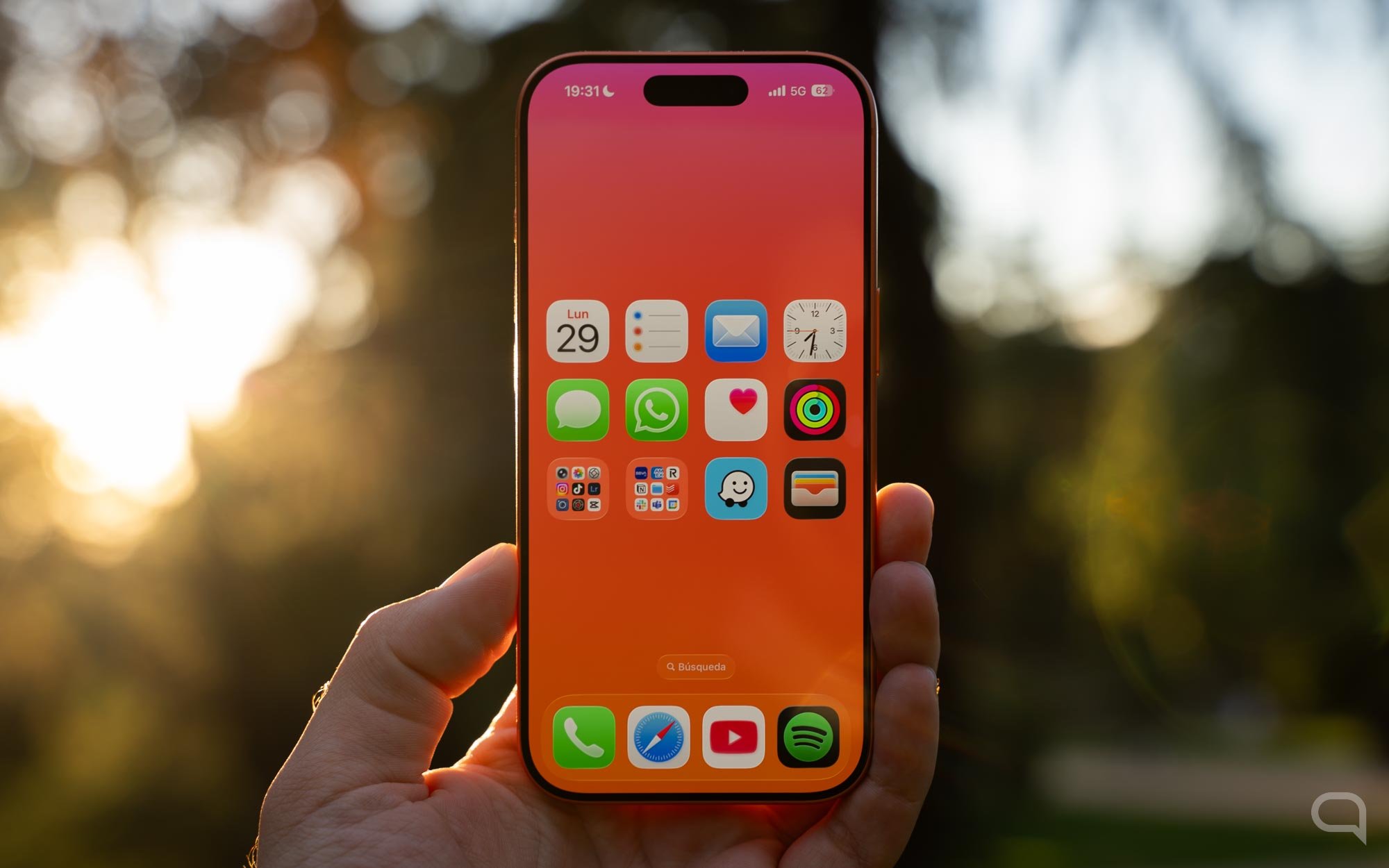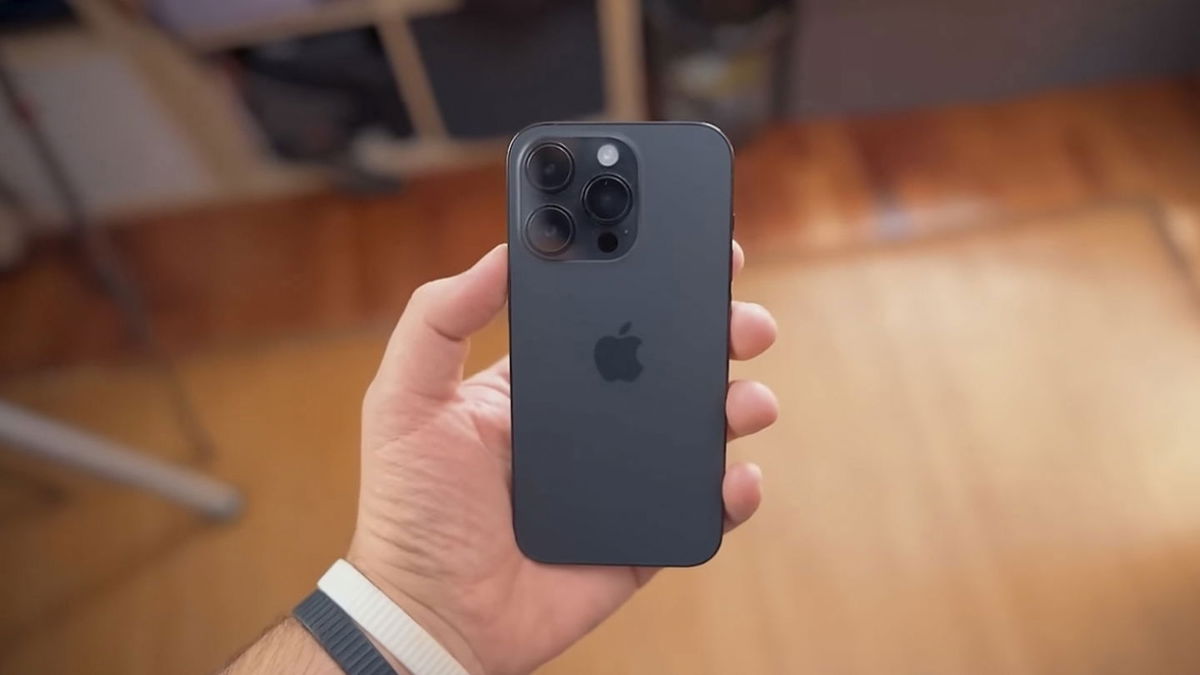Carbosulfan is a pesticide commonly used in agriculture to control pests such as the Colorado potato beetle. Despite its effectiveness, it is dangerous to humans and can cause poisoning if swallowed with food or water.
Created by scientists from the TPU School of Natural Resources Engineering and colleagues from Charles University and the Siberian Branch of the Russian Academy of Sciences, the sensor stands out for its compact size, low cost and high operating speed. As Associate Professor Elena Dorozhko explains, the sensor is capable of detecting carbosulfan at concentrations 10 times lower than those detected by current devices. This makes it particularly useful in the pharmaceutical and food industries, as well as sanitary control services such as Rospotrebnadzor.
According to engineer Saqib Muhammad, the sensor can be used to test raw materials and finished products, including baby food. It also helps monitor the accumulation of pesticides in soil and water, preventing toxins from leaching into foods.
The device consists of a flexible plastic substrate with an electrically conductive coating of graphene and silver nanoparticles. A crop sample is applied to a sensor, which analyzes it in an electrochemical cell and records the pesticide concentration based on the strength of the electric current.
Source: Ferra
I am a professional journalist and content creator with extensive experience writing for news websites. I currently work as an author at Gadget Onus, where I specialize in covering hot news topics. My written pieces have been published on some of the biggest media outlets around the world, including The Guardian and BBC News.












